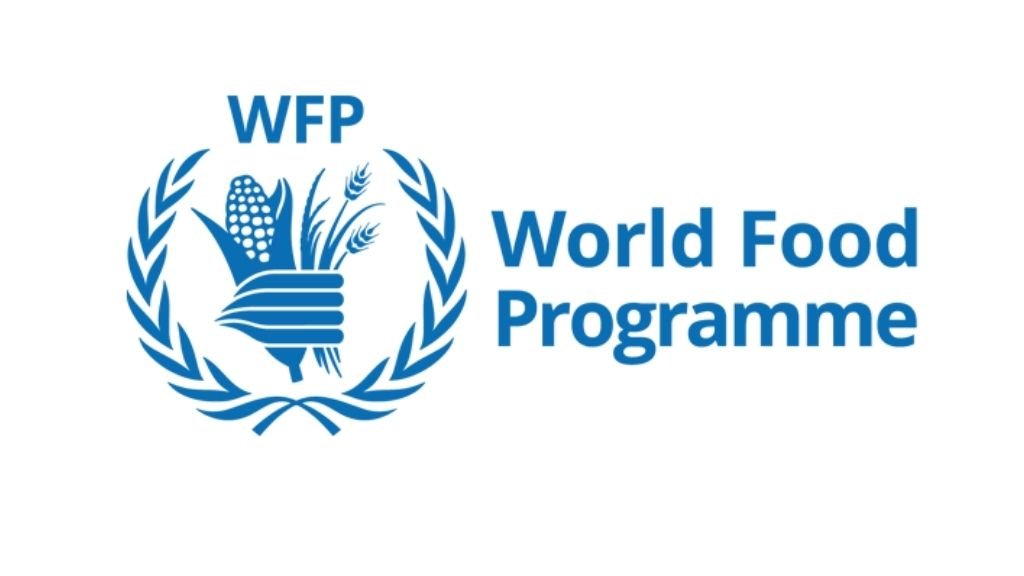WFP, Mastercard Foundation to support 200,000 farmers in North
The World Food Programme (WFP) Nigeria, in collaboration with the Mastercard Foundation, has announced a strategic initiative to support 200,000 smallholder farmers and farm workers in northern states by 2027. WFP Country Director, Mr. David Stevenson, disclosed this at the launch of a Mastercard Foundation project in Mamado village, Potiskum Local Government Area of Yobe […]

The World Food Programme (WFP) Nigeria, in collaboration with the Mastercard Foundation, has announced a strategic initiative to support 200,000 smallholder farmers and farm workers in northern states by 2027.
WFP Country Director, Mr. David Stevenson, disclosed this at the launch of a Mastercard Foundation project in Mamado village, Potiskum Local Government Area of Yobe State.
The partnership aims to combat food insecurity while creating employment opportunities, particularly for young people.
Stevenson explained that the programme, which covers states in the Northwest and Northeast regions, is designed to tackle challenges such as post-harvest losses, low productivity, and poor commodity quality.
The five-year initiative, which began in April 2022, will improve smallholder farmers’ access to markets, thereby enhancing their income and creating new jobs in the millet and sorghum value chains. Women and youth are expected to be the primary beneficiaries, with 60% of participants being women.
Stevenson noted that public-private partnerships like this are key to restoring Northern Nigeria’s position as the country’s agricultural powerhouse.
Also speaking at the event, the African Development Bank (AfDB) Director General for Nigeria, Abdul Kamara, said AfDB has invested over $134 million to support the cultivation of key staple crops, including wheat, rice, beans, maize and cassava in the 19 northern states.
He further noted that the overall target across all states is the cultivation of approximately 300,000 hectares, a move aimed at achieving national self-sufficiency in wheat production.
